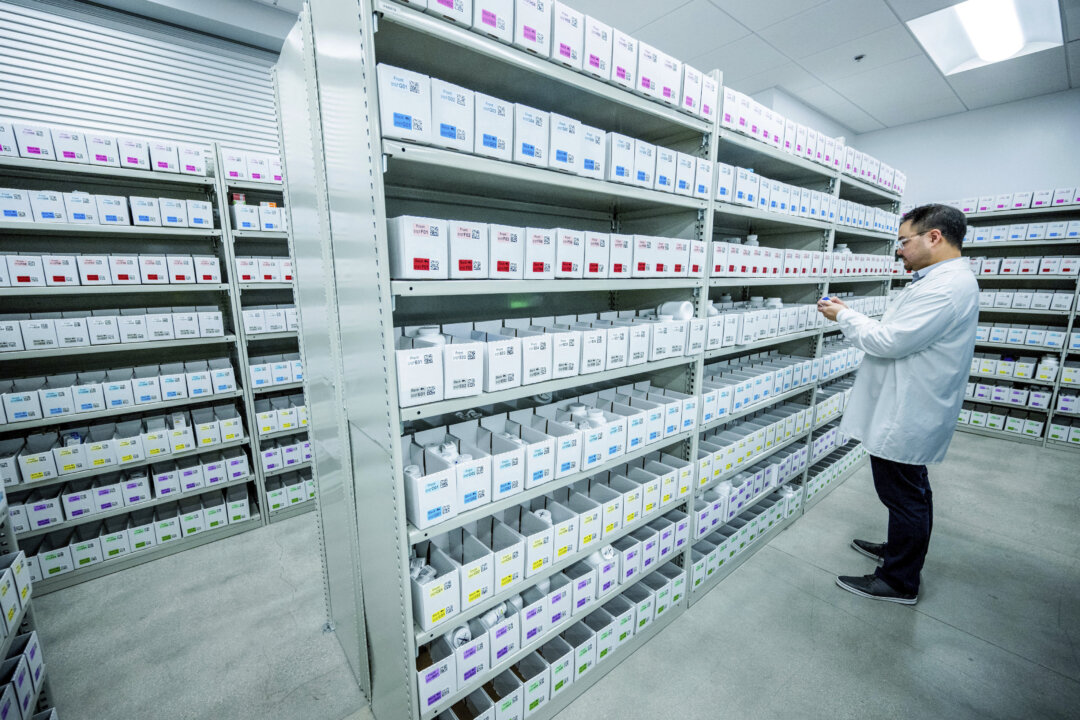Trump's Executive Order Aims to Slash Prescription Drug Prices in the U.S.
President Trump signs an executive order to reduce prescription drug costs, targeting disparities between U.S. prices and those in other developed countries.
Overview
President Trump's new executive order seeks to significantly lower prescription drug prices in the U.S., calling for 'most favored nations' pricing to ensure Americans pay the lowest rates. However, experts caution that immediate impacts may be limited, as the order offers drugmakers incentives to comply while threatening regulatory actions for non-compliance. Some analysts doubt the feasibility of the plan, citing potential negative effects on drug innovation. The debate continues over the effectiveness of diverging pricing strategies and their implications for access to affordable medication.
Report issue

Read both sides in 5 minutes each day
Analysis
- President Trump signed an executive order aiming to lower prescription drug prices for Americans by introducing a 'most favored nations' pricing policy, which ties U.S. prices to the lowest prices paid in other developed countries.
- Experts warn that the executive order may not lead to immediate changes in drug costs for consumers, as price reductions will depend on compliance from drug manufacturers and complex insurance systems.
- The Trump administration believes the current pricing model is unfairly inflating drug costs in the U.S., and hopes that regulatory pressure will encourage pharmaceutical companies to offer fairer prices.
Articles (5)
Center (2)
FAQ
The primary goal is to reduce prescription drug prices in the U.S. by implementing 'most favored nation' pricing, which ensures Americans pay the lowest rates offered in other developed countries.
The order instructs the U.S. Trade Representative and the Secretary of Commerce to prevent foreign countries from engaging in practices that unfairly undercut U.S. drug prices, and it proposes that the U.S. receive the best deal by establishing price targets for pharmaceutical manufacturers.
Experts have raised concerns about the immediate effectiveness of the plan, citing potential negative impacts on drug innovation and questioning the feasibility of implementing diverging pricing strategies globally.
If manufacturers fail to offer 'most favored nation' pricing, the Secretary of Health and Human Services will propose rules to impose such pricing and take other aggressive measures to reduce drug costs.
History
- This story does not have any previous versions.



